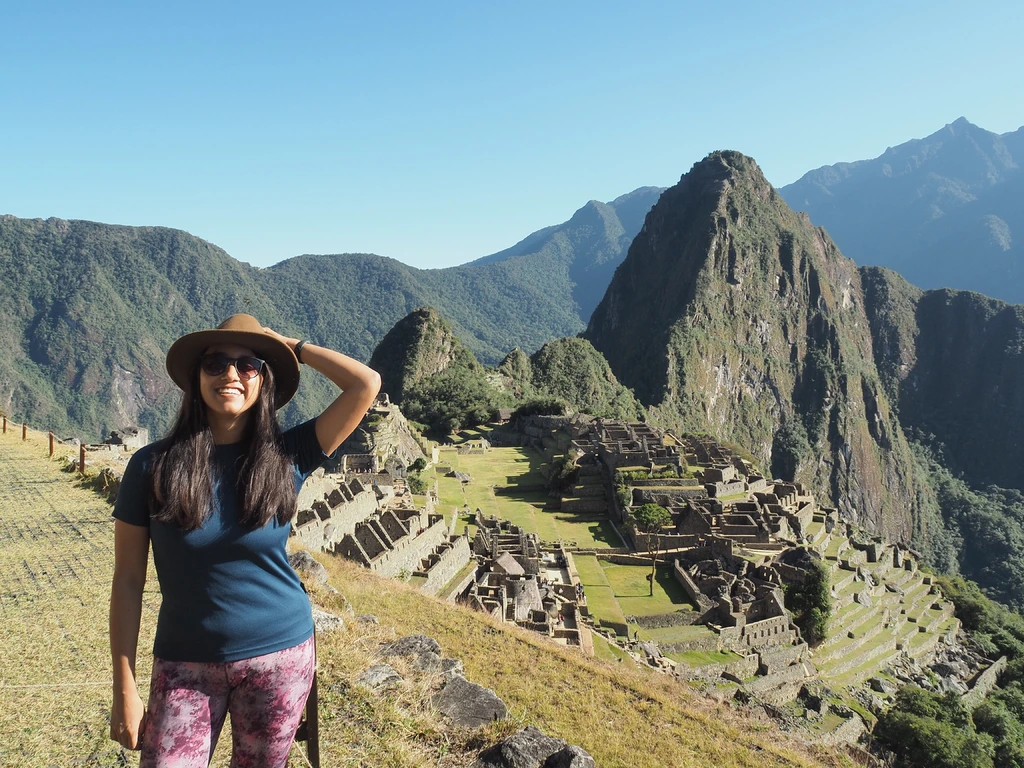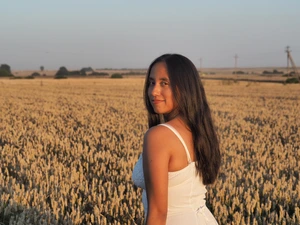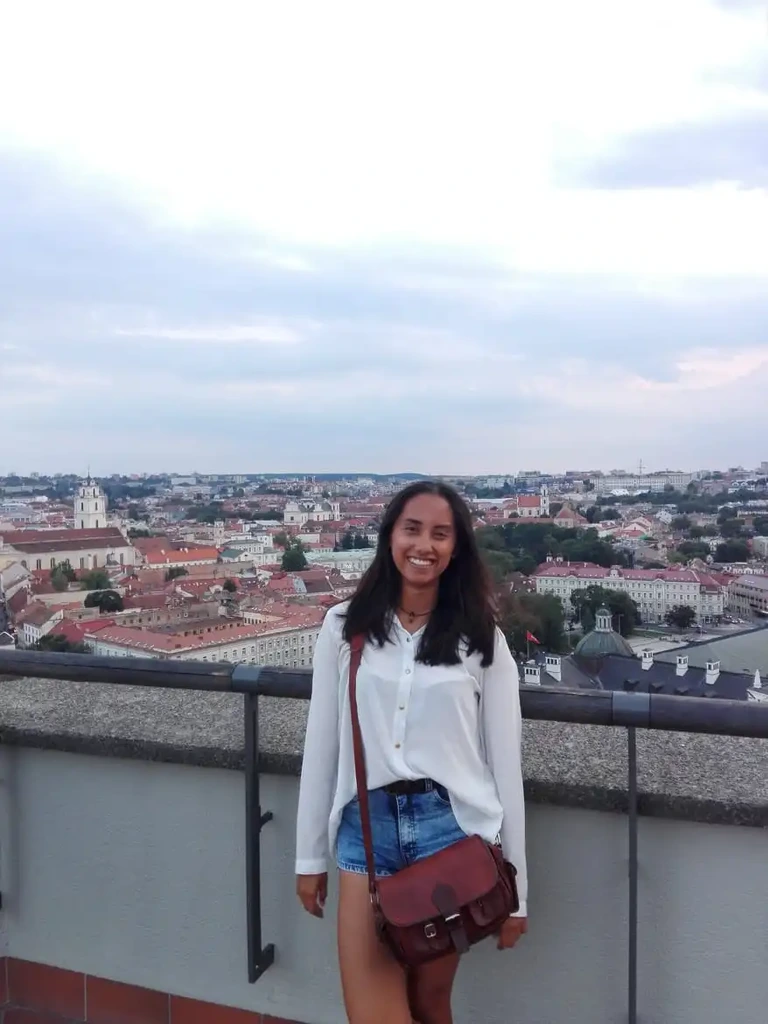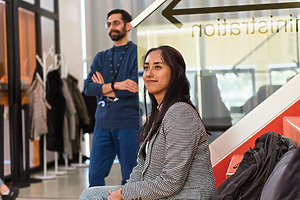“You Lithuanians eat after you just ate,” says Erika Keiko Martinez Vargas with a laugh, recalling her first encounters with the Lithuanian way of family meals. Coming from Peru, she thought she knew what a full dinner looked like: “I used to think Peruvians ate a lot, but sitting at a Lithuanian family table can feel never-ending”. These days, she knows better and always leaves space for the second and third rounds.
Adapting to life in Lithuania has meant more than getting used to Lithuanian dishes. Having lived her entire life in a massive city, Erika found something new here – calmness and closeness to nature: “Now I can visit a lake or a forest just minutes away – that feels like such a luxury to me”.
“We went kayaking in the river, then stayed overnight at my in-laws’ homestead, where we ate berries from the bush and cooked skewers on the barbecue. It doesn’t get more Lithuanian than that,” she says.
Turning hemp waste into meat alternatives
Erika is currently pursuing a PhD in Chemical Engineering at Kaunas University of Technology (KTU), conducting her research at the university’s Food Institute. Her academic path, however, started from a much broader interest. “Since a young age, I’ve always been attracted to life sciences. I find nature very intriguing,” she explains. During her studies, she explored environmental science, biotechnology, drug development. But it wasn’t until her final semester of engineering that she discovered food science.
Her current research focuses on developing meat alternatives from hemp press cake, a byproduct of the hemp oil industry. By combining fermentation with wet extrusion, she applies both biotechnological and industrial techniques to turn a byproduct into something usable and nutritious.
Lithuania turned out to be a good place to keep exploring that interest. When Erika first arrived, meat alternatives were almost non-existent in shops. “Now, there are more and more accessible options. I think this trend will continue to grow, and consumers will be more open to trying unusual or less common ingredients,” she says.
Her project also touches on environmental concerns. Reusing industrial byproducts such as hemp press cake aligns with sustainability goals, and to Erika, it adds even more meaning that the material she works with is culturally familiar in Lithuania. Hemp has traditionally been used here for everything from textiles to food, so it carries a strong sense of local heritage. That connection, she feels, makes her research relevant not only globally but also within the Lithuanian context.
What it means to be a researcher
Her line of research also made Erika reflect on her long-term plans.
“It took me some time to figure out what my ideal career path would be, but I believe I’m well suited to be a researcher. In the end, it’ll come down to where I can work on a project that I’m truly passionate about,” says a KTU PhD student from Peru.
That hope coexists with a strong sense of critical thinking. Erika does not take science as a fixed or complete truth, especially when it overlooks knowledge outside the mainstream. “I think our current scientific understanding, while reliable, is still very Western and biased. There’s a lot of traditional knowledge from different cultures that gets ignored simply because it doesn’t fit into our definition of science. That’s something I’d like to see change,” says Erika.





